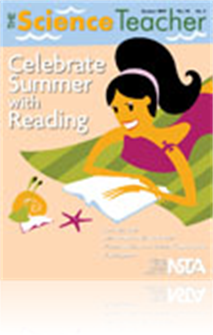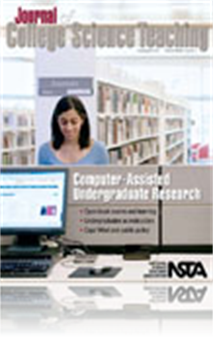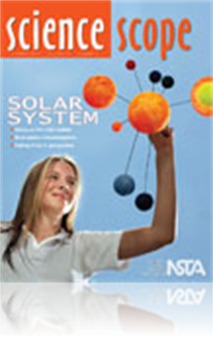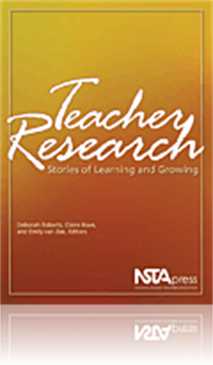All Resources
Journal Article
Career of the Month: An Interview with Ethnobotanist Maria Fadiman
According to Plant Talk (2007), approximately 270,000 species of plants exist on Earth. The numbers of known species—including trees, flowers, fruits, and herbs—increases almost daily as scientists make new discoveries. From indigenous cultures i...
Journal Article
How Does Student Performance on Formative Assessments Relate to Learning Assessed by Exams?
A retrospective analysis examines the relationships between formative assessments and exam grades in two undergraduate geoscience courses. Pair and group-work grades correlate weakly with individual exam grades. Exam performance correlates to individ...
Journal Article
Biosocial Problems in Contemporary America: A Course on the Use and Misuse of Scientific Knowledge
This writing-intensive seminar for biology majors deals with the social and political implications of biological explanations for social phenomena. The class focuses on critical thinking, evaluation of data, and the validity of the conclusions drawn ...
Journal Article
The Case Study: I'm Looking Over a White Striped Clover: A Case of Natural Selection
The case presented in this article is an exploration of the process of natural selection using white clover (Trifolium repens) as an example. In general, two forms of white clover can be found around the world in various habitats. One type has plain ...
Journal Article
Scope on the Skies: Summer skies—Planets, an eclipse, and shooting stars
This summer, in addition to viewing several of the bright visible planets and another lunar eclipse, there will be an opportunity for viewing the target of an upcoming NASA mission, the asteroid Vesta. Highlights of the summer skies and other celesti...
NSTA Press Book
Teacher Research: Stories of Learning and Growing
Think you don’t have time to do research? How about professional growth—think that’s out of reach? Let your peers take you on their journeys and inspire you through their stories in Teacher Research. You will gain insight into teacher research�...






